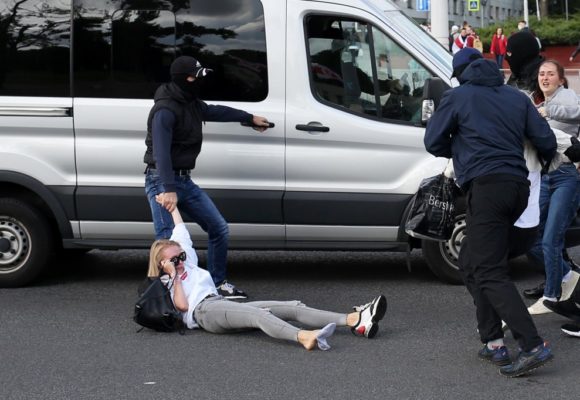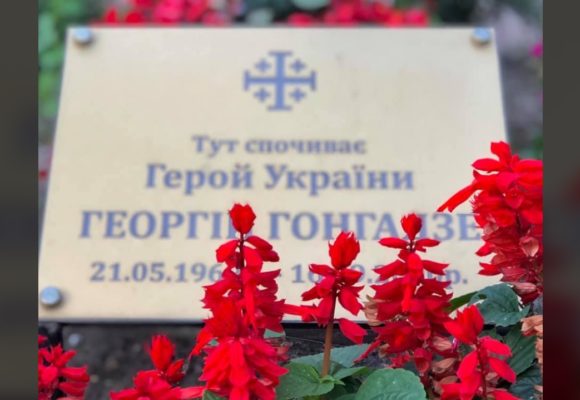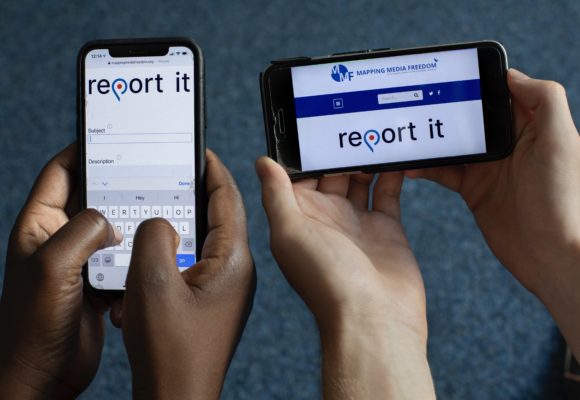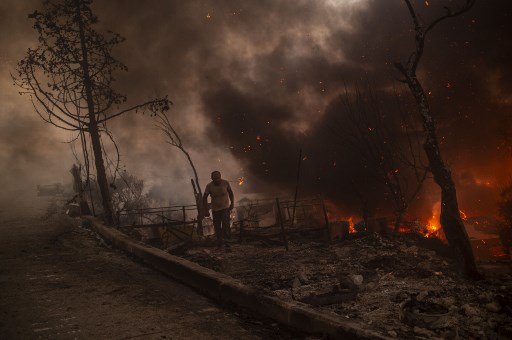EFJ welcomes OSCE mission to Belarus
The European Federation of Journalists (EFJ) welcomes the agreement reached on Thursday at the Organization for Security and Co-operation in Europe (OSCE) to send an international expert mission to Belarus. As requested by the EFJ and Human Rights Watch on 26 August, finally 17 governments of OSCE participating states agreed on Thursday evening to activate the so-called “Moscow Mechanism”, which allows the OSCE to send an international expert mission to a state suspected of human rights violations. Belgium, Czech Republic, Denmark, Estonia, Finland, France, Iceland, Latvia, Lithuania, Norway, The Netherlands, Poland, Romania, Slovakia, the United Kingdom, Canada and the United…











